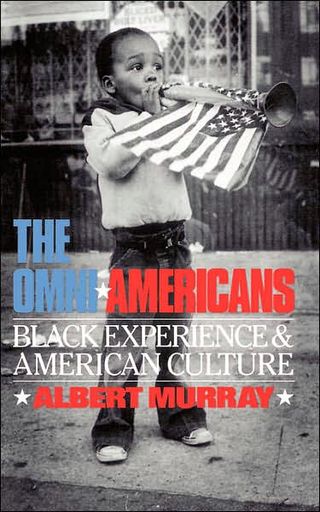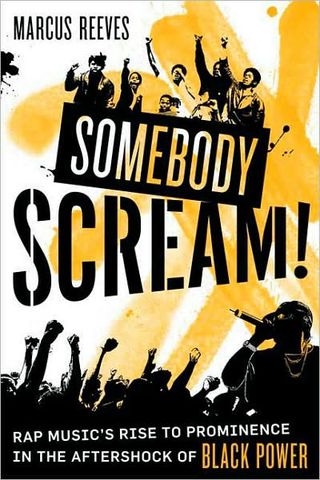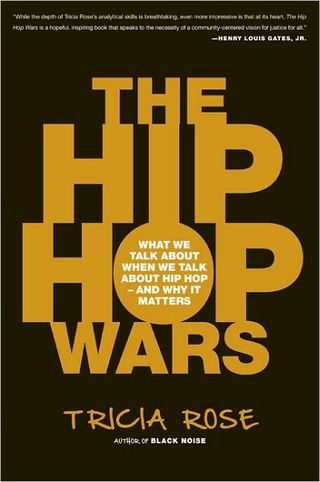Not so sure I recommend the read-more-than-one-book-at-a-time strategy. Problem is, I've come across some really interesting titles lately. So, it's not that I'm exactly reading all of them at the same time, but that these are the books that are most likely to be read in the near-term. Here goes:
The Omni-Americans: Black Experience & American Culture
by Albert Murray
We've had a copy of this book sitting around for years and, when I tried to read it before, well, it was very much over my head. But recently, I was inspired to check out Murray's work after reading a great profile on him in Skip Gates' Thirteen Ways of Looking at a Black Man. It was written in the 70s as a response to the Black nationalist movement and a lot of the pseudo social science around Black life (remember the Moynihan Report?), but I'm finding, based on the little I've read, that it's still relevant today. I'll probably come back to this at a later date.
Somebody Scream! Rap Music's Rise to Prominence in the Aftershock of Black Power
by Marcus Reeves
Haven't cracked this one, but the description was made it look worthy of exploring:
The Hip Hop Wars: What We Talk About When We Talk About Hip Hop–And Why It Matters
by Tricia Rose
It feels like it's been at least a decade since I last saw Tricia Rose. At the time, she was a professor of Africana Studies at NYU. I believe her first book, Black Noise, had just come out. That book was, I thought, unnecessarily dense and obscured with a lot of academic-speak. This one, on the other hand, looks to be much more accessible, while at the same time displaying Tricia's intellectual rigor. Here's a description:
Hip-hop is in crisis. For the past dozen years, the most commercially successful hip-hop has become increasingly saturated with caricatures of black gangstas, thugs, pimps, and ’hos. The controversy surrounding hip-hop is worth attending to and examining with a critical eye because, as scholar and cultural critic Tricia Rose argues, hip-hop has become a primary means by which we talk about race in the United States.
In The Hip-Hop Wars, Rose explores the most crucial issues underlying the polarized claims on each side of the debate: Does hip-hop cause violence, or merely reflect a violent ghetto culture? Is hip-hop sexist, or are its detractors simply anti-sex? Does the portrayal of black culture in hip-hop undermine black advancement?
A potent exploration of a divisive and important subject, The Hip-Hop Wars concludes with a call for the regalvanization of the progressive and creative heart of hip-hop. What Rose calls for is not a sanitized vision of the form, but one that more accurately reflects a much richer space of culture, politics, anger, and yes, sex, than the current ubiquitous images in sound and video currently provide.



